8 Free Philosophy of Science transparent PNG images
Explore our fascinating collection of 8 free AI-generated images centered around the Philosophy of Science. This curated gallery showcases diverse visual interpretations of scientific methodology, epistemology, and theoretical frameworks through stunning stock photos, 3D objects, vectors, and illustrations. Each high-resolution image is available for free download, and our innovative 'open in editor' feature allows you to modify image prompts to generate variations that perfectly match your vision of scientific inquiry and discovery.
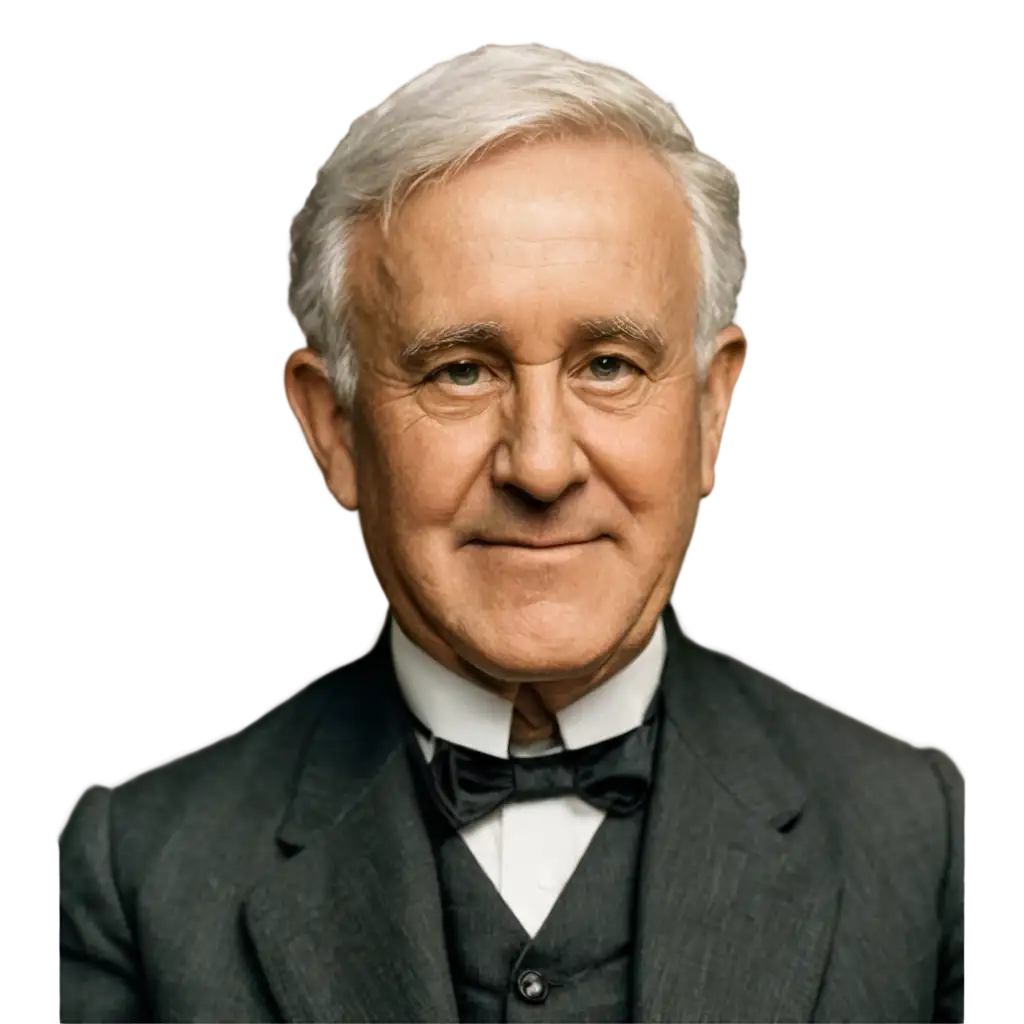
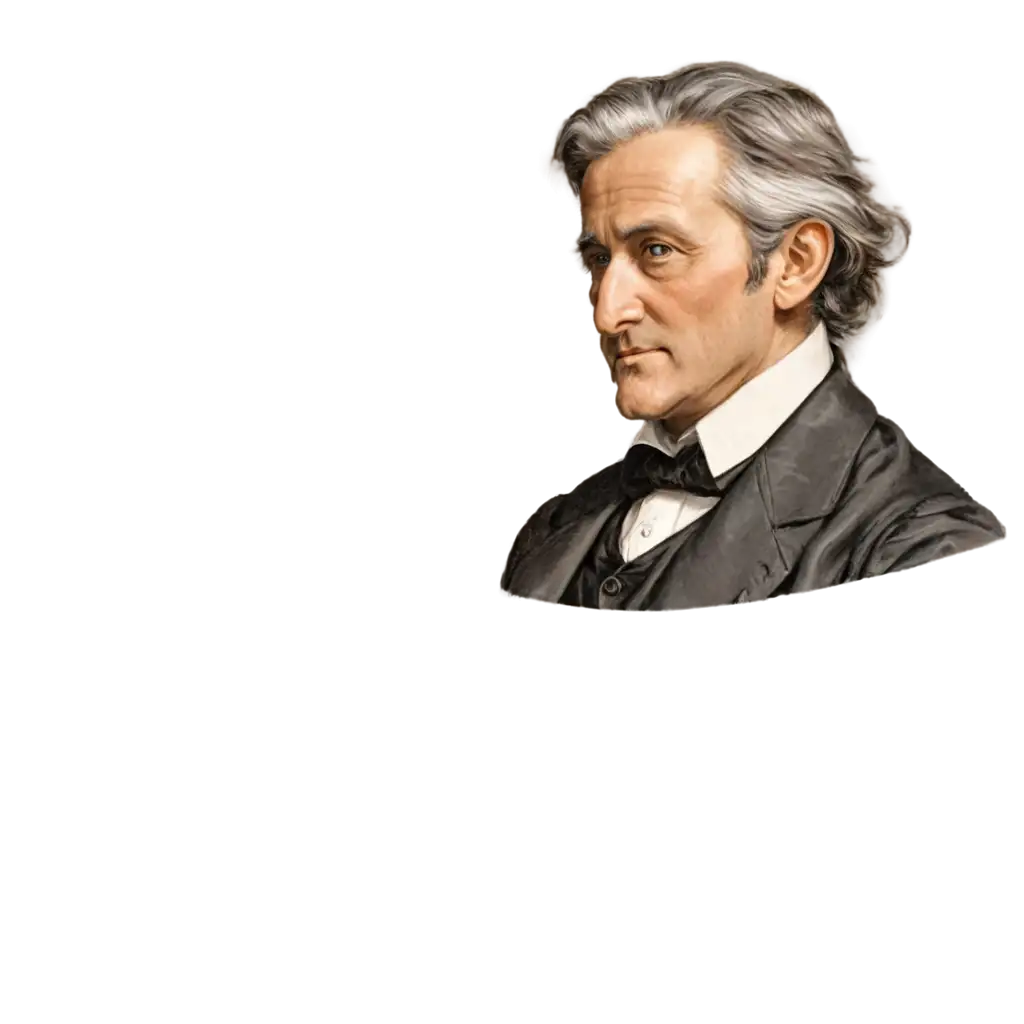
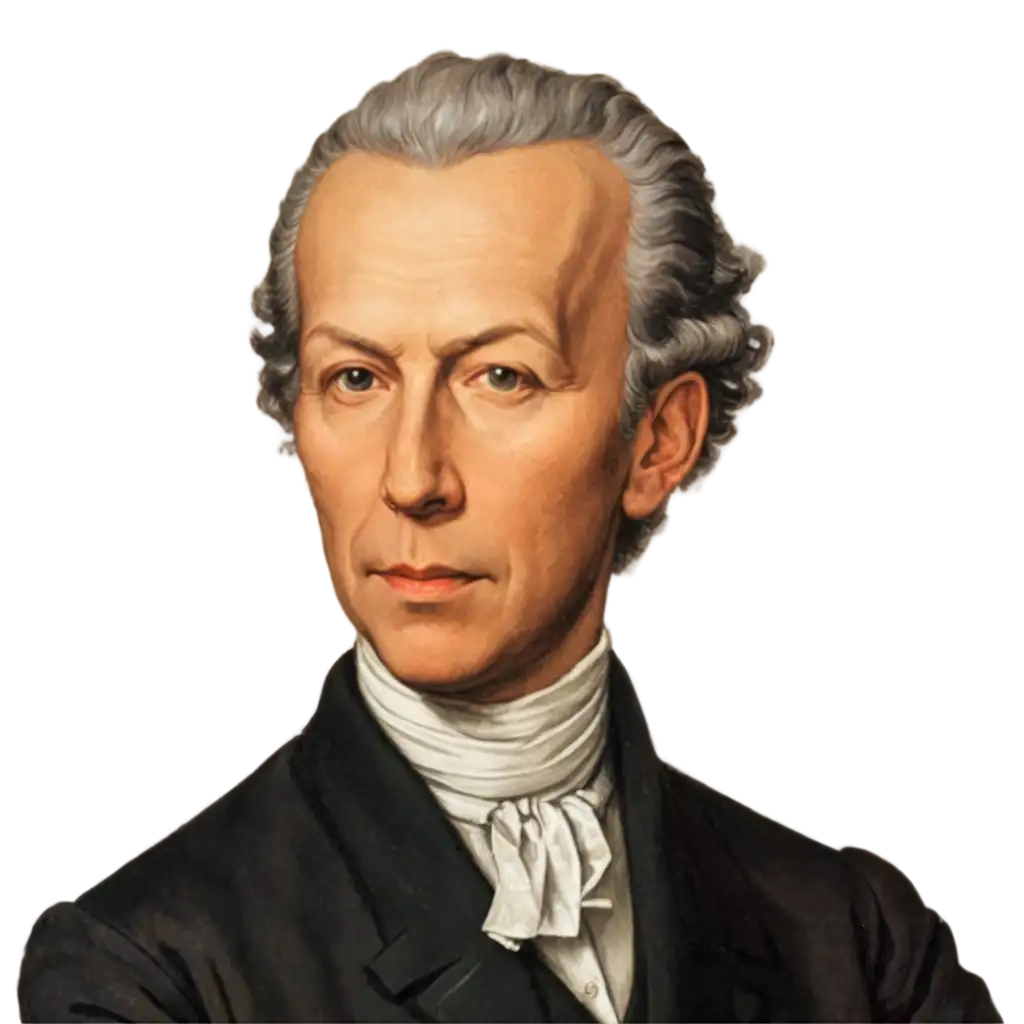
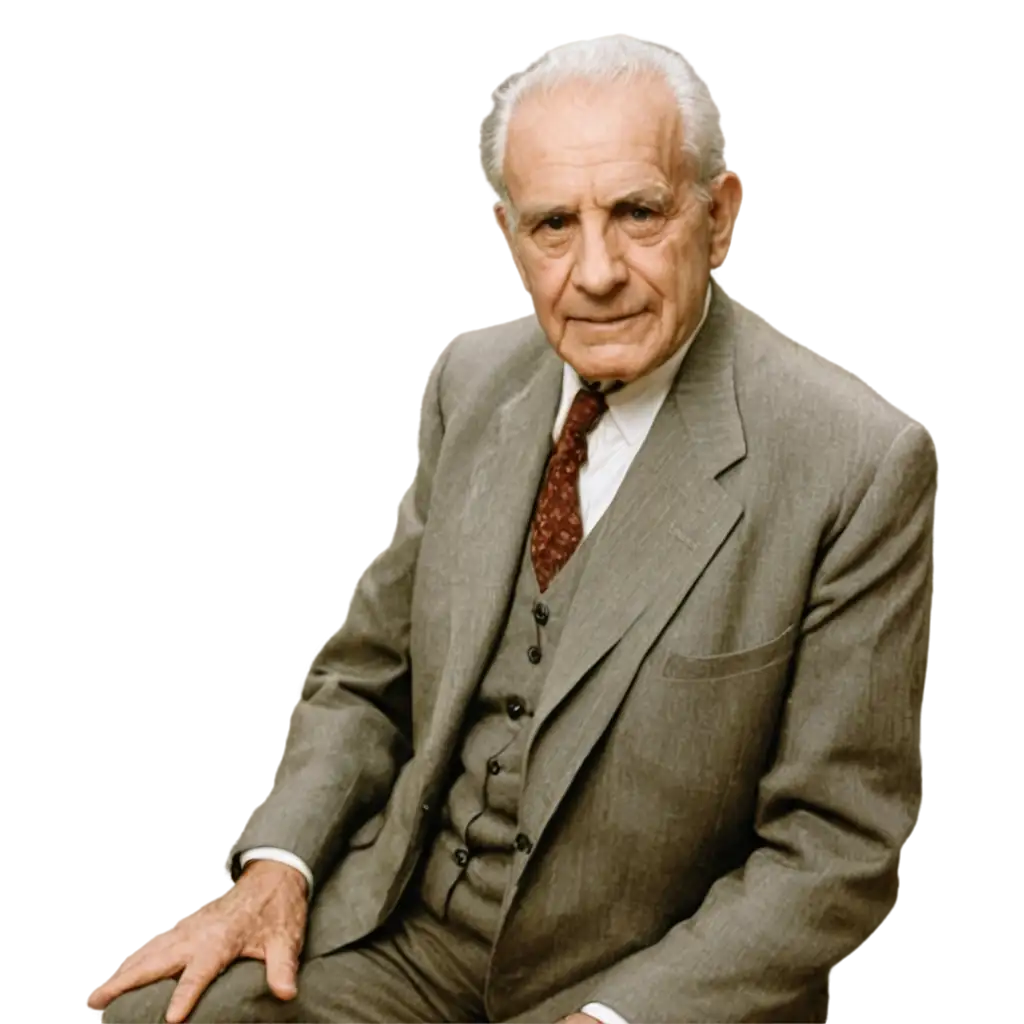
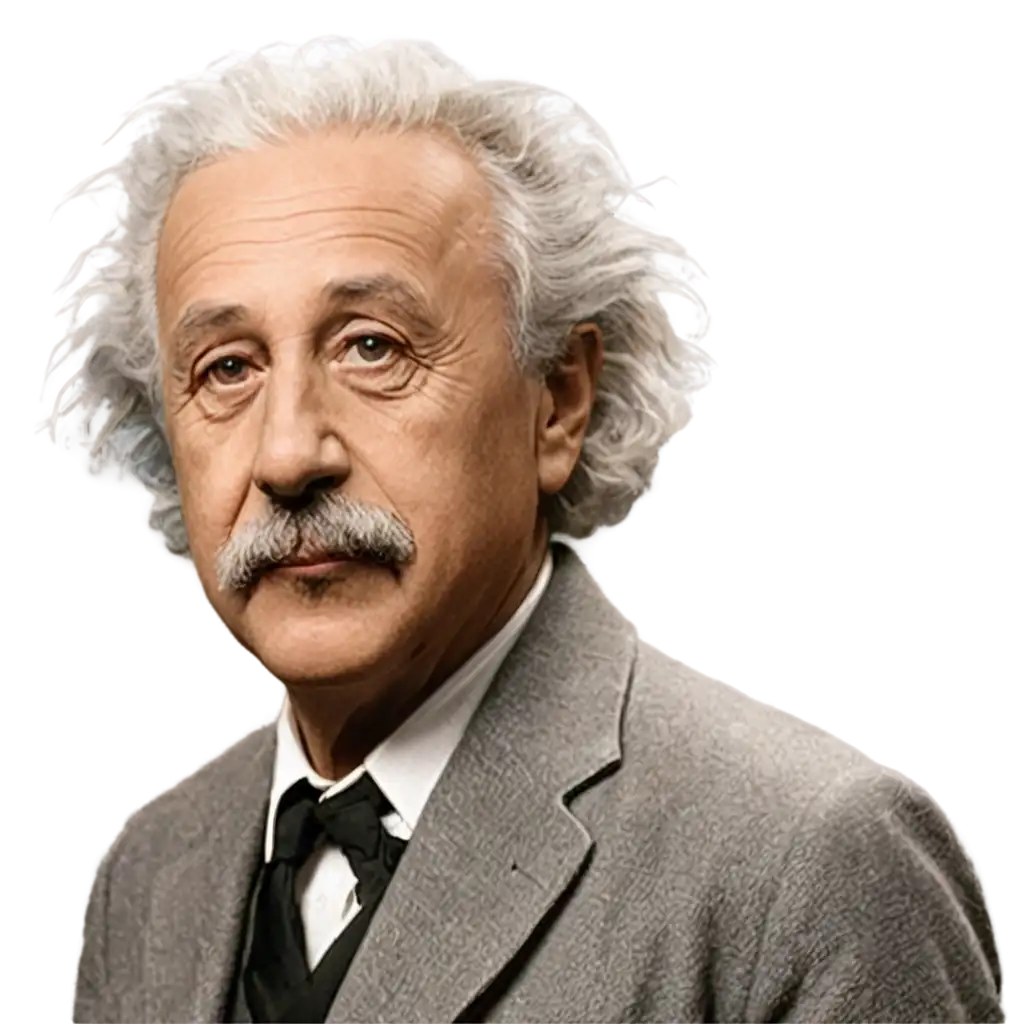
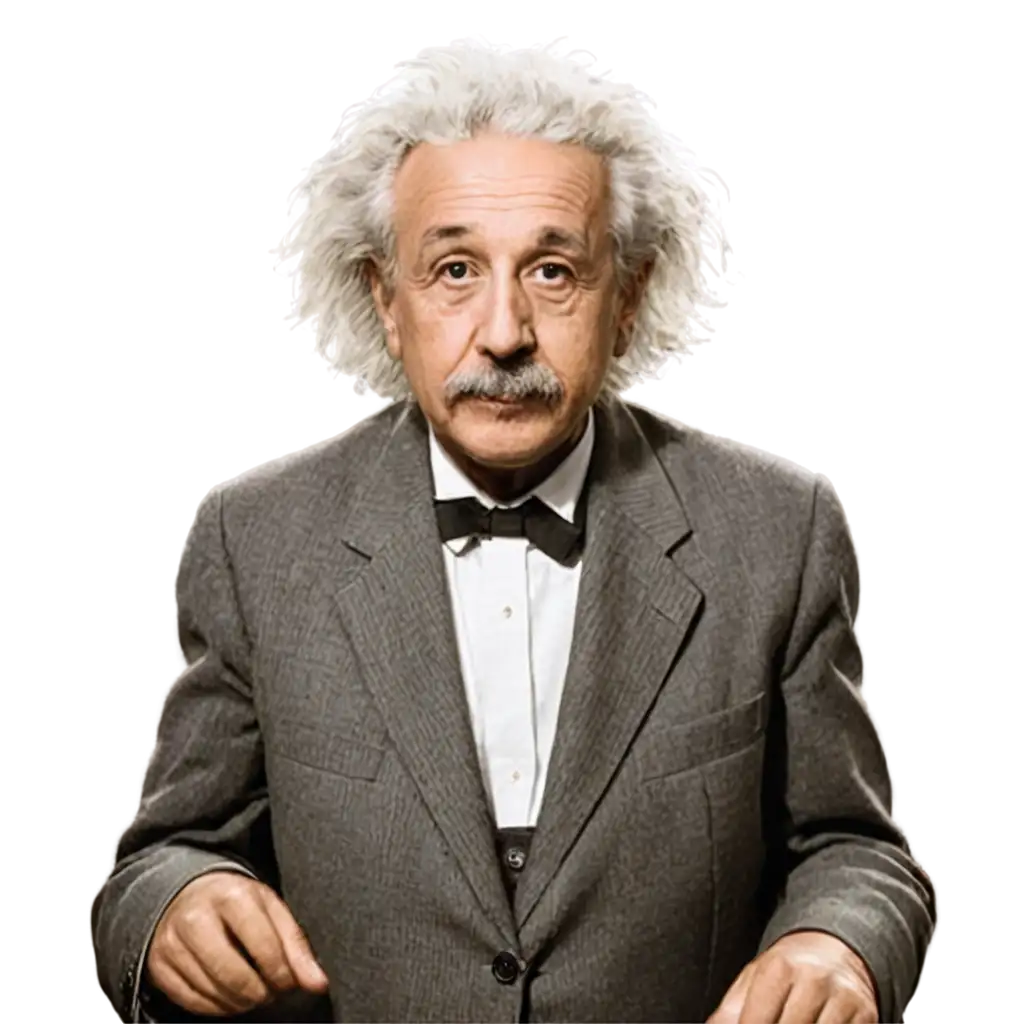
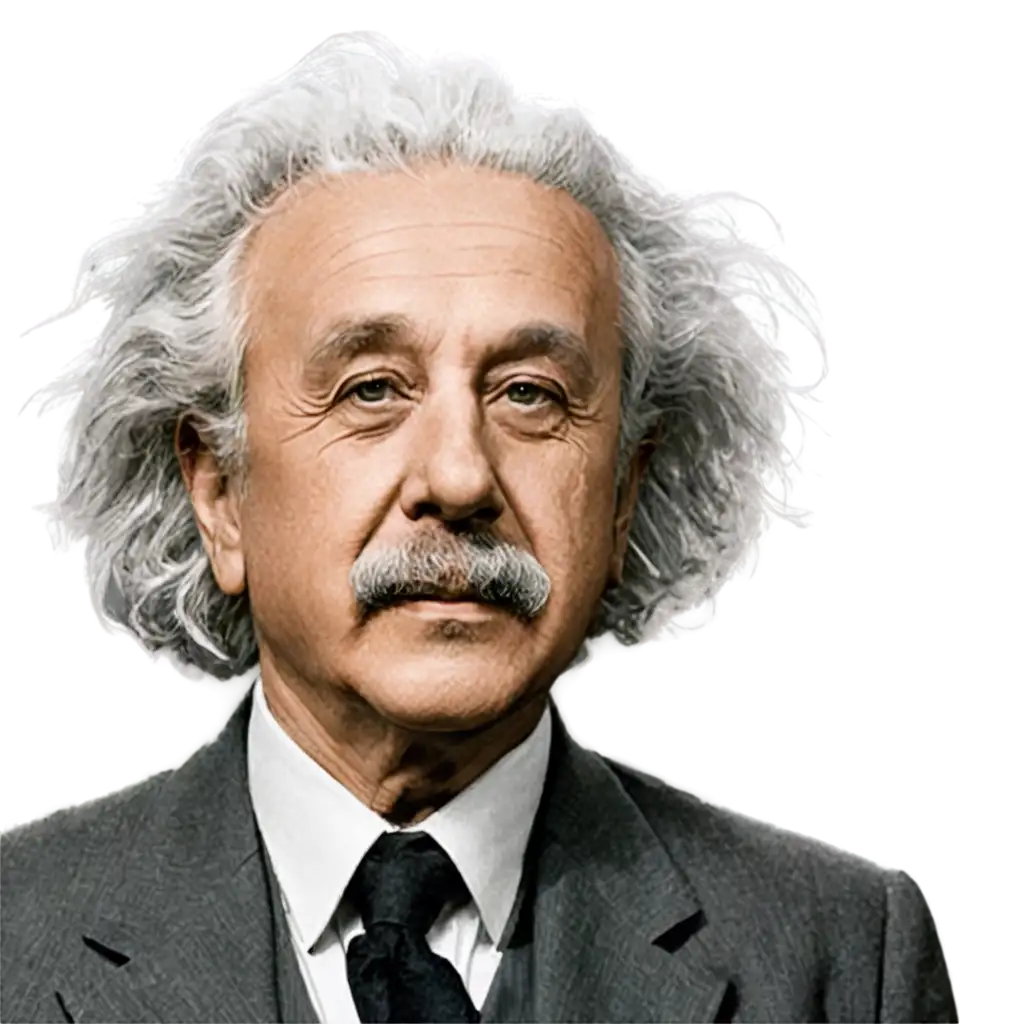
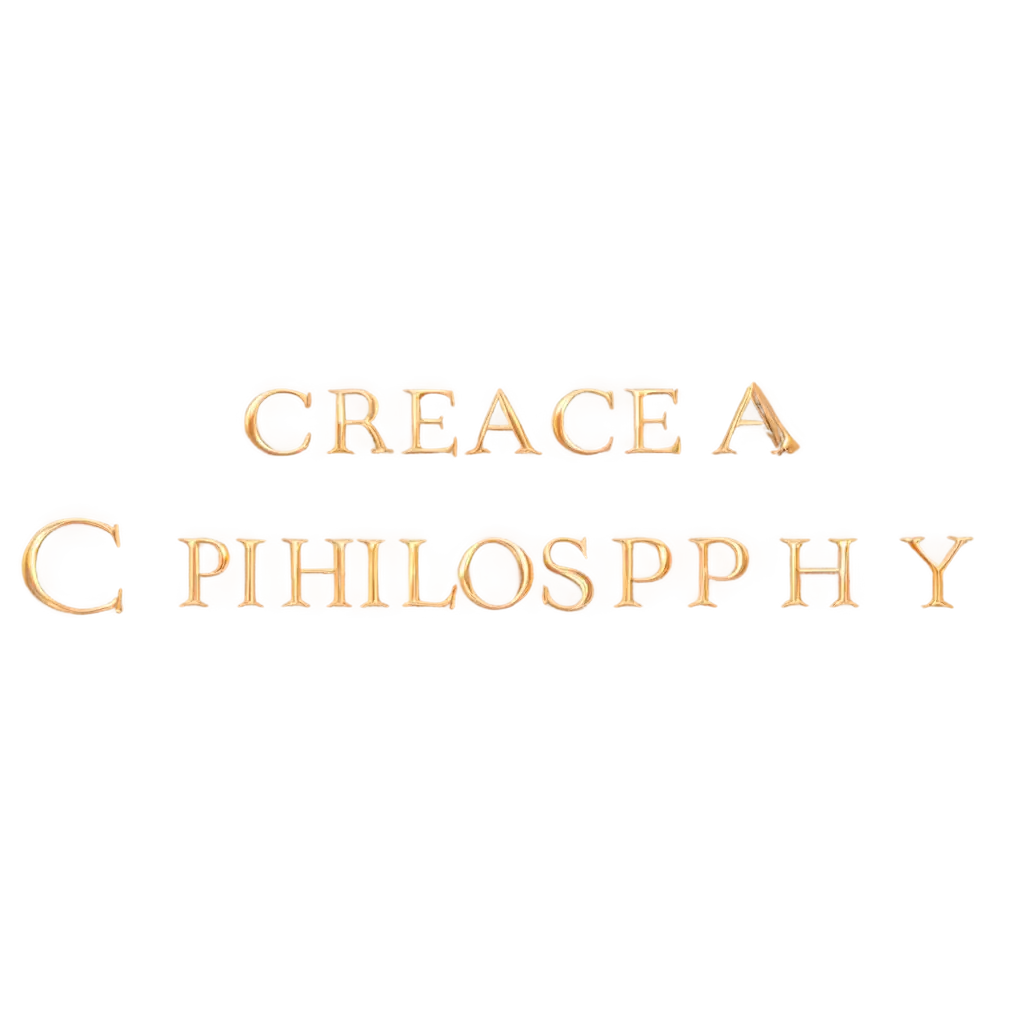
Related Tags
The intersection of scientific methodology and visual representation has evolved dramatically with AI-generated imagery. These visualizations capture the essence of empirical investigation, hypothesis testing, and theory building. Common motifs include abstract representations of the scientific method's cyclical nature, with interconnected nodes symbolizing hypothesis formation, experimentation, and theory refinement. The imagery often incorporates elements like DNA helices, atomic structures, and mathematical equations, seamlessly blending them with philosophical concepts like causality, determinism, and empirical verification. This visual approach helps bridge the gap between abstract philosophical concepts and their practical applications in scientific inquiry.
Visualizing Scientific Method and Epistemology Through AI Art
Thomas Kuhn's concept of paradigm shifts and scientific revolutions comes to life through AI-generated imagery that captures moments of transformative discovery. These images often depict the tension between established scientific frameworks and emerging theories, visualized through metaphorical representations of breaking barriers, shifting perspectives, and evolving worldviews. Visual elements might include geometric transformations, optical illusions, or abstract landscapes where classical and quantum physics coexist. The artwork frequently incorporates historical scientific instruments alongside modern technology, symbolizing the evolution of scientific understanding across different paradigms.
Paradigm Shifts and Scientific Revolutions in Visual Form
AI-generated images in this category explore the philosophical debate between scientific realism and instrumentalism through powerful visual metaphors. The artwork often features split compositions where one side represents the realist view of scientific theories as literal descriptions of reality, while the other depicts the instrumentalist perspective of theories as practical tools for prediction. Common elements include mirror reflections, dimensional portals, and abstract representations of scientific models transitioning between practical tools and fundamental truths. These visuals help viewers grasp complex philosophical positions on the nature of scientific knowledge and its relationship to reality.
Creating AI Art That Explores Scientific Realism vs. Instrumentalism
As AI technology advances, the visualization of philosophical concepts in science continues to evolve, offering new ways to understand and explore complex ideas. Contemporary AI-generated images increasingly incorporate elements of quantum mechanics, complexity theory, and emergent phenomena, creating visual representations that challenge traditional scientific visualization. These forward-looking images often feature fractal patterns, quantum entanglement visualizations, and complex systems diagrams that blur the line between scientific illustration and philosophical contemplation. The artwork frequently explores themes of consciousness, artificial intelligence, and the limits of human knowledge, reflecting current debates in philosophy of science about the role of AI in scientific discovery and understanding.
The Future of Scientific Visualization and Philosophical Inquiry